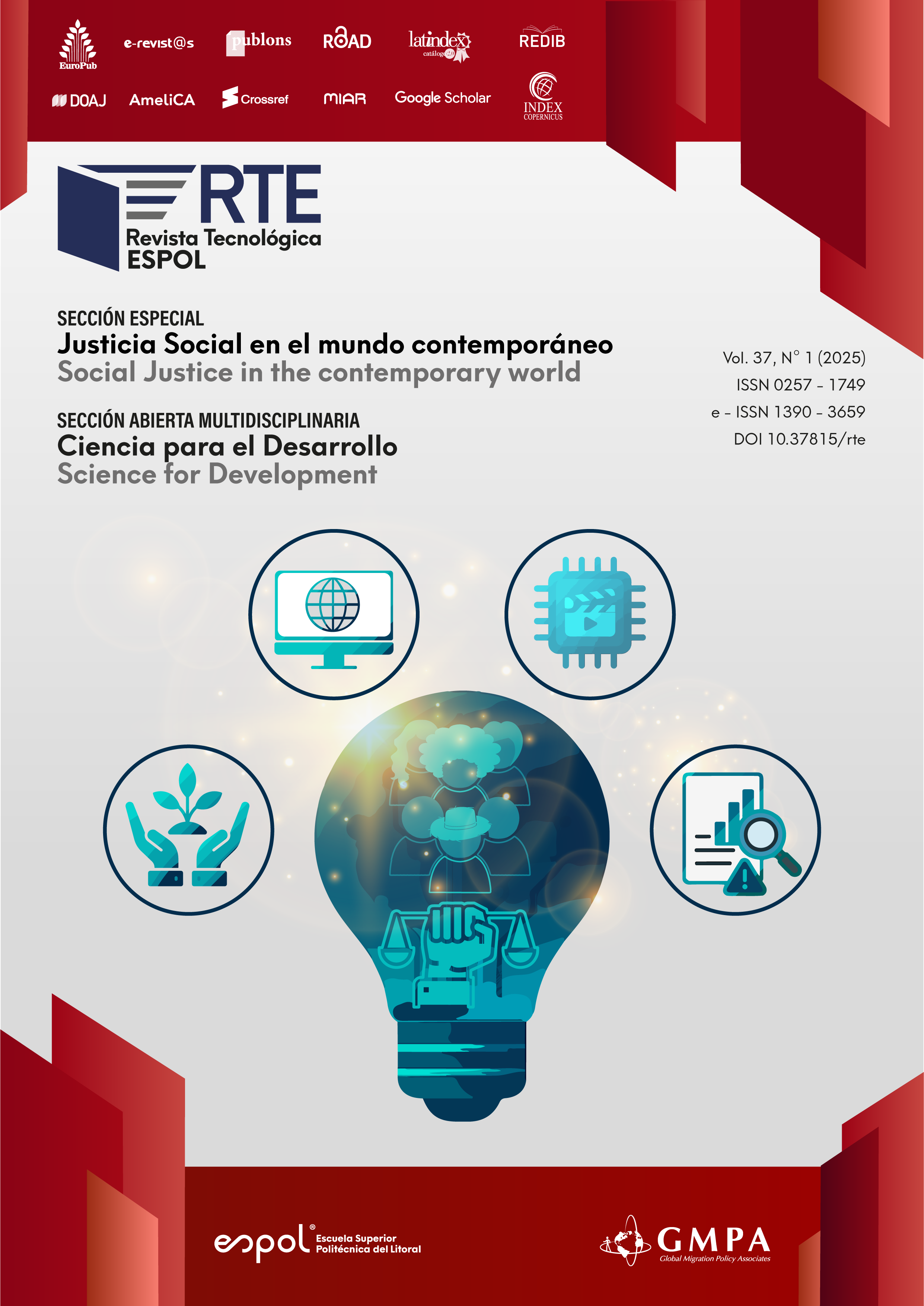This article takes established findings of economic research as its starting point to discuss social justice principles and the dynamics of dispossession that deny many people, as well as entire communities, realization and enjoyment of social justice. Several key themes are identified and analyzed in three sections. The first section presents fundamental principles of social justice, particularly those relevant to economic ethics, and shows that sustainable development embodies these principles. It then distinguishes between individualism, society and community, arguing that community provides the most effective framework within which to apply the identified principles. The second section examines the dynamics of dispossession that underpin virtually any form of economy. The third section describes countermeasures that have been recommended throughout history. The conclusions emphasize the dynamic of most economies that wealth or power, left to their own devices, attract yet more wealth or power at the expense of the poor and powerless. The essential remedy is to defuse the dynamics of dispossession. Conscious collective countermeasures are indispensable in order to restore to the deprived the freedom and prosperity of which these processes deprive them. However, these countermeasures require further elaboration and political action to be put into practice.

This work is licensed under a Creative Commons Attribution-NonCommercial 4.0 International License.
References
Bentham, Jeremy (1776). A Fragment on Government.
Bentham, Jeremy (1780). An Introduction to the Principles of Morals and Legislation
Calvin, John (1564). Commentary on the books of Moses
Calvin, John (1564), Exodus 22.25
Calvin, John. Institutes of the Christian Religion, numerous editions
Calvin, John. Sermon 53 on 1 Timothy 6.17-19
Calvin, John. Sermons on Deuteronomy.
d’Épinay, Adrien (1831). Mémoire des colons de l’île Maurice, 16 février 1831.
Dommen, Bridget & Dommen, Edouard (2016). Éloge de la décroissance, Vevey, Le Cadratin.
Dommen, Edward (2003), How Just is the Market Economy ? Geneva, World Council of Churches.
Dommen, Edward (2014). A Peaceable Economy. Geneva, World Council of Churches
Donne, John (1624). Meditation 17.
Dault, Kira (2015). What is the preferential option for the poor? US Catholic, 22 January 2015. https://uscatholic.org/articles/201501/what-is-the-preferential-option-for-the-poor/
France. National Constituent Assembly (1789). Declaration of the Rights of Man and of the Citizen. Adopted by the National Assembly during its Sessions on August 20, 21, 25 and 26, and Approved by the King. Paris: Mondharre & Jean, 1789. https://www.elysee.fr/en/french-presidency/the-declaration-of-the-rights-of-man-and-of-the-citizen
Fisk, E.K. (1962). "Planning in a Primitive Economy, Special Problems of Papua - New Guinea", Economic Record, December
Murove, Munyaradzi Felix (2011). « L'Ubuntu », Diogène, 3-4 (n° 235-236), p. 44-59. DOI : 10.3917/dio.235.0044. https://www.cairn.info/revue-diogene-2011-3-page-44.htm
Myrdal, Gunnar (1944). An American Dilemma: the Negro Problem and Modern Democracy, New York, Harper.
Myrdal, Gunnar (1957). Economic Theory and Under-Developed Regions, London, Duckworth.
Myrdal, Gunnar (1968). An Asian Drama. An Enquiry into the Poverty of Nations, New York, Pantheon.
Pickard, Bertram (1919). A Reasonable Revolution, New York, Macmillan. https://babel.hathitrust.org/cgi/pt?id=osu.32435004629606
Prebisch, Raúl (1949). El desarrollo económico de la América Latina y algunos de sus principales problemas. Santiago de Chile, CEPAL
Prebisch, Raúl (1976). A critique of peripheral capitalism. CEPAL Review 1/1976.
Rousseau, Jean-Jacques ( 1762). Du contrat social, ou Principes du droit politique, Amsterdam, https://www.rousseauonline.ch/pdf/rousseauonline-0004.pdf
Thatcher, Margaret (1987). Interview for Woman's Own ("no such thing [as society]"). 23 Sepember 1987. Journalist: Douglas Keay. https://www.margaretthatcher.org/document/106689
UN DESA (1949). Relative prices of exports and imports of under-developed countries. United Nations Department of Economic Affairs (UN DESA).
UNCTAD (2024). Advancing shared prosperity through biodiversity-friendly trade. 27 March 2024. https://unctad.org/news/advancing-shared-prosperity-through-biodiversity-friendly-trade
UNDAT (1974). Estimating Non-monetary Economic Activities: a Manual for National Accounts Statisticians. United Nations Development Advisory Team for the South Pacific (UNDAT) .
Woolman, John (1793). A plea for the poor or a Word of Remembrance and Caution to the Rich. (originally published posthumously 1793, but believed to have been written around 1763-64). http://www.umilta.net/woolmanplea.html
World commission on Environment and Development (1987). Our Common Future, UN document A/42/427, 4 August 1987. (commonly known as "the Brundtland Report") https://digitallibrary.un.org/nanna/record/139811/files/A_42_427-EN.pdf?withWatermark=0&withMetadata=0&version=1®isterDownload=1







